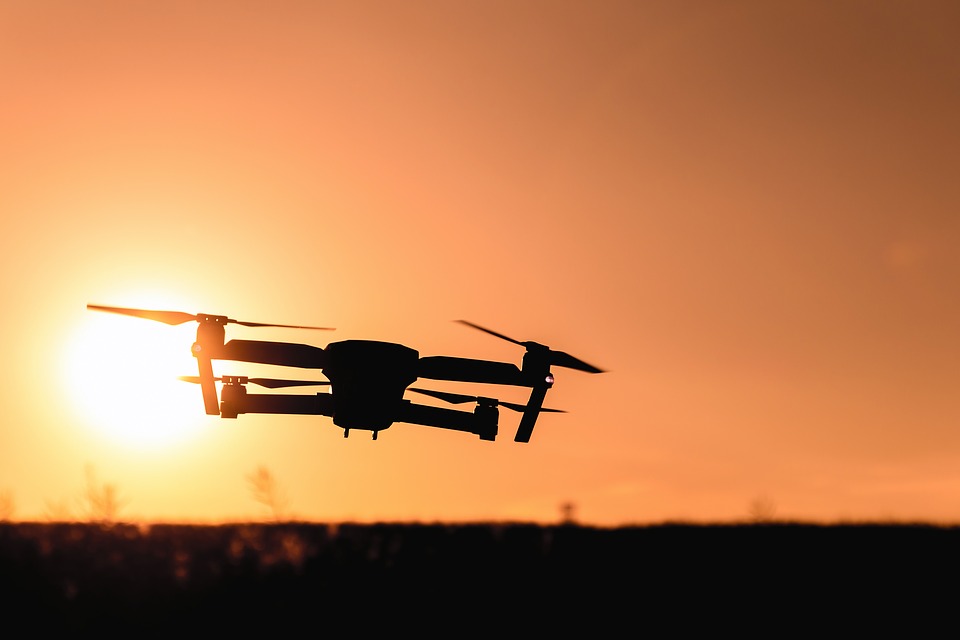
The United States has several federal laws pertaining to drones, and several independent states have also created their own. South Carolina however, is one of the few states that currently do not have their own state laws pertaining to the use or operation of drones. But this does not mean that if individuals are injured by a drone they have no course of action.
A lawsuit that has drone injuries at the front and center typically focus on two areas of law: property law or personal injury law. In both cases, it must be shown that the owner or operator of the drone was negligent when working the drone and that negligence caused injury to the victim. In these cases, both the owner of the drone and the operator of the drone will be held liable, if they had loaned it to someone or allowed someone else to use it.
In some cases, the owner and/or operator may have been using the drone and taking reasonable care when doing so. But if the drone comes apart or breaks due to a mistake in the manufacturing of the drone, this would fall under product liability law. Within this area of personal injury law, manufacturers are responsible for ensuring their product is developed and designed in such a manner that they can use it safely, as well as keep those around them safe. When they fail to do so, they may be liable for providing compensation to the victim for any injuries.
When a drone has not injured a person but has caused damage to a person’s property, the owner, operator, or manufacturer may be held liable. The same elements used in personal injury claims when determining negligence and liability will also be used when a drone has caused damage to another person’s property.
While South Carolina does not currently have any laws pertaining to drones, those injured by them still have options. If you have been injured in a drone accident, it is important to speak to an experienced attorney that can review your case and help represent you in court, if needed. Although the laws are still few, and the laws that are in place may be unclear, an attorney will be able to determine under which area of law your case falls and if you are eligible for compensation.